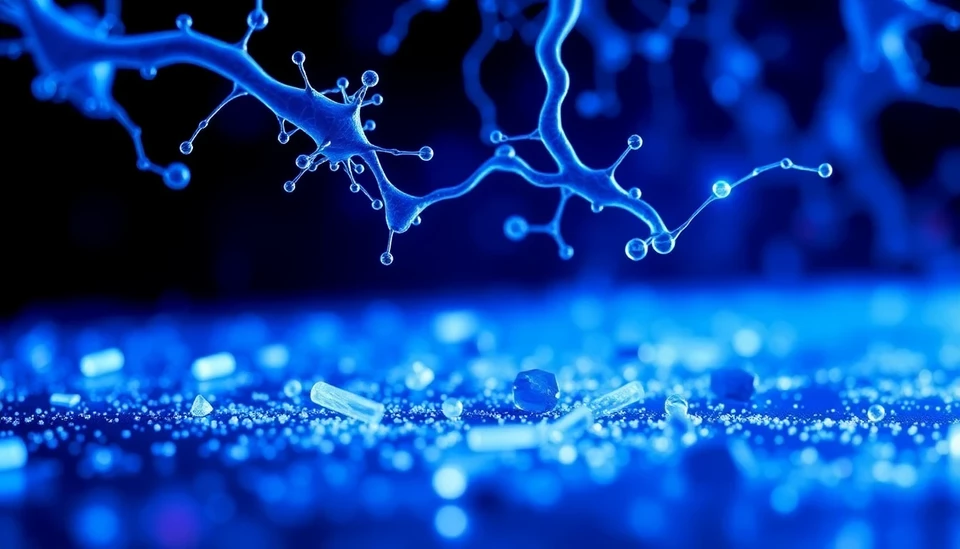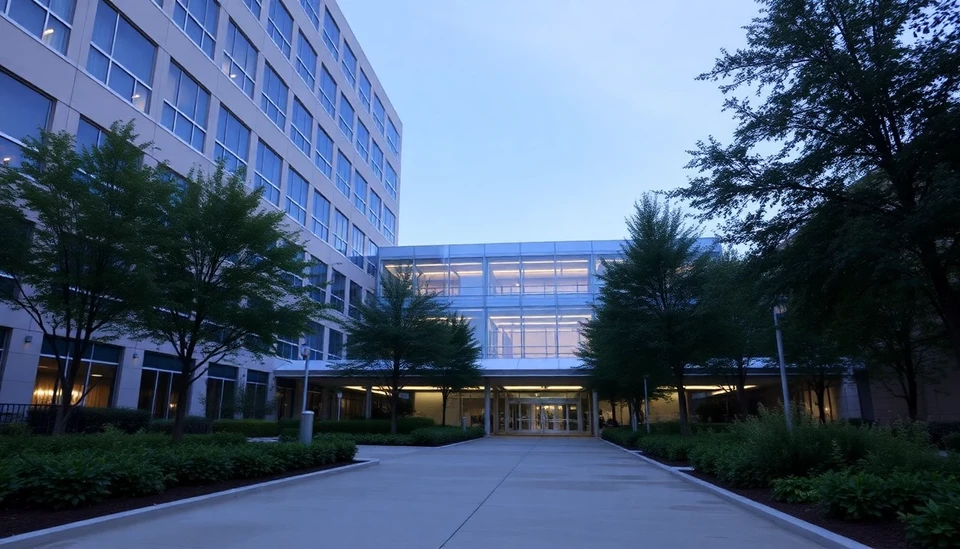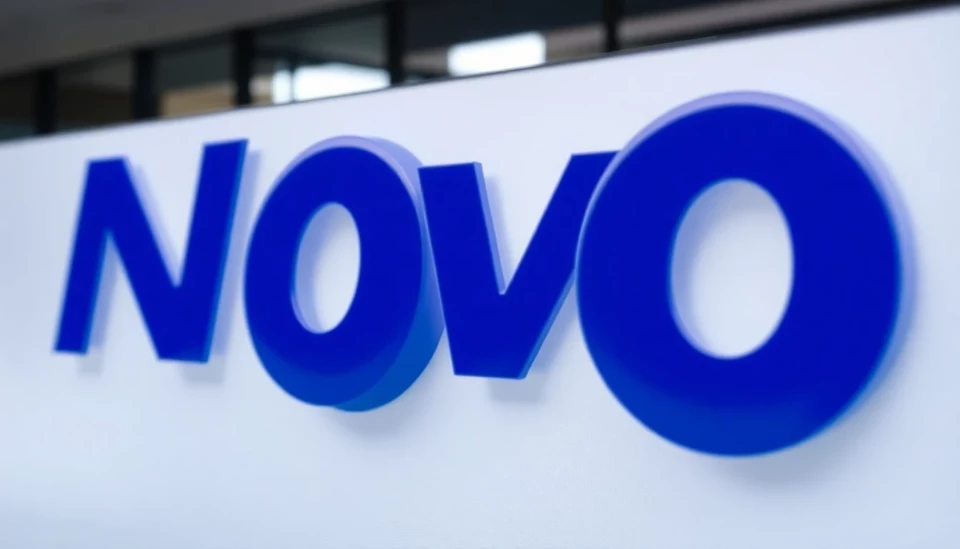
In a groundbreaking study focused on obesity treatments, researchers have unveiled a significant link between addiction pathways and weight management. The large-scale research, which has captured the attention of healthcare professionals and scientists alike, emphasizes the critical role these pathways play in understanding the efficacy of obesity medications.
This extensive study involved thousands of participants and aimed to evaluate the effectiveness of newer obesity drugs, which have been making headlines due to their impressive weight-loss results. More importantly, the findings suggest that certain neurological pathways, traditionally associated with addiction, may be influential in how patients respond to these medications.
Researchers honed in on the brain's reward system, which normally governs how we respond to food and other pleasurable stimuli. They noted that individuals with obesity may experience abnormal interactions within this system, which could affect their response to treatment. This connection highlights the complexity of obesity as not just a physical but also a psychological issue, opening a new avenue for research aimed at improving patient outcomes.
During the study, participants were administered a popular class of obesity drugs known as GLP-1 receptor agonists. These medications work by mimicking hormones that promote a sensation of fullness, thereby reducing appetite. However, the results indicated a varied response among individuals, shedding light on why some patients achieve significant weight loss while others struggle to see results.
What stood out was the finding that individuals with certain genetic markers associated with addiction pathways were more likely to experience successful outcomes with these medications. This crucial insight may lead to personalized treatment plans that take genetic predispositions into account—an approach that could revolutionize how obesity is treated in clinical settings.
Moreover, the study raises important questions about the potential of integrating addiction treatment strategies into obesity management programs. Experts suggest that understanding a patient’s relationship with food through the lens of addiction could provide valuable context for treatment, ultimately leading to more effective interventions.
The implications of this study are vast. As obesity continues to be a pressing public health issue worldwide, the integration of psychological and biological understanding into treatment protocols could enhance the effectiveness of existing therapies and support the development of new ones. The landscape of obesity treatment could shift dramatically as healthcare providers adopt more nuanced approaches that consider the complexities of the human brain's interaction with food.
As researchers continue to explore the intersections between addiction and obesity, the healthcare field may soon see a surge in innovative therapies that address both aspects of this multifaceted challenge. With this research serving as a cornerstone, the approach to obesity management could embark on a journey towards incorporating an understanding of addiction, ultimately providing hope for millions suffering from weight-related issues.
#Obesity #AddictionResearch #HealthInnovation #WeightLoss #GLP1ReceptorAgonists #PersonalizedMedicine #PublicHealth
Author: Victoria Adams




